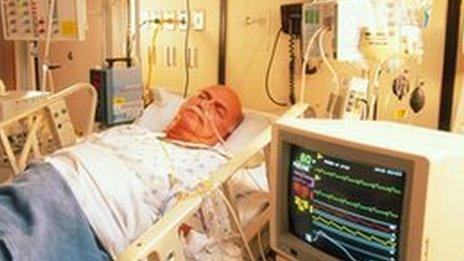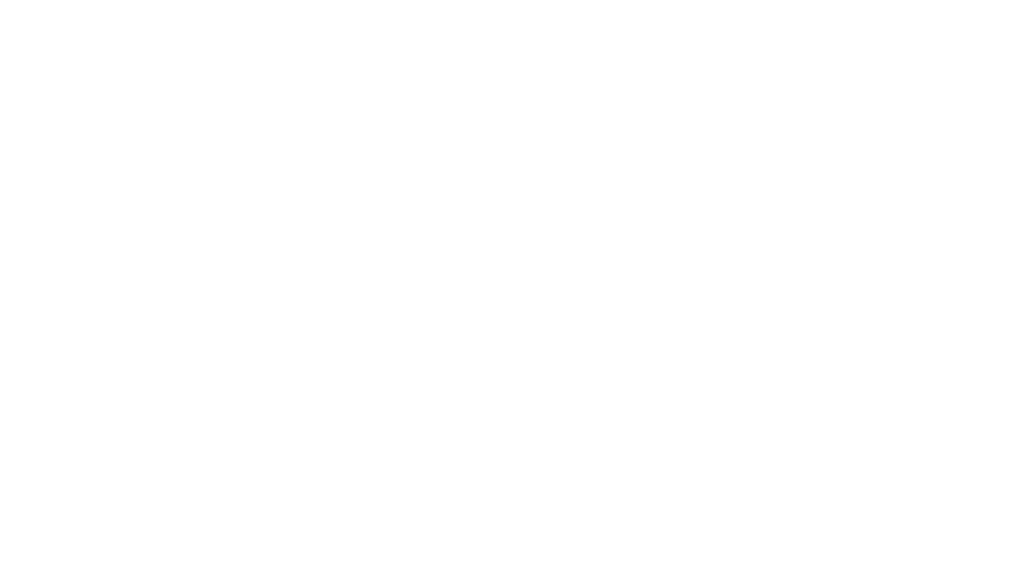Auditor general calls for more chronic illness care improvements
- Published
The Welsh government said it would consider the findings alongside its existing plans for improvements
Services for patients with chronic conditions such as heart disease and diabetes need to be improved, said a spending watchdog.
About a third of the Welsh adult population - 800,000 people - are affected by a chronic condition.
But services were "poorly coordinated" despite some improvements, the report by the Wales Audit Office warned.
The Welsh government said it would consider the findings alongside its existing plans for improvements.
The findings published by the Auditor General, Huw Vaughan Thomas, follow a similar study carried out on chronic conditions in 2008.
Since then a number of Welsh government strategies and policies have been published to try and shift the emphasis of NHS care from hospitals to the community.
According to Mr Thomas's latest report progress has been made, with improved access to patient education programmes, more nurses working in a community setting and patients able to get quicker access to community-based services.
Hospital admissions for certain chronic conditions have also reduced.
But the report concluded that more work was needed.
It said several health boards lacked a detailed plan to deliver care in the community.
People with chronic conditions tend to be frequent users of A&E services because when their health worsens, they often need to access services quickly.
Rebecca Moore said emotional support when she was diagnosed was 'very uncoordinated'
They are twice as likely to be admitted to hospital as patients without such conditions.
But Mr Thomas found over half of the community-based services for patients with chronic illnesses were still only available on weekdays, and the work of different teams treating these patients needed to be better co-ordinated.
The report also calls for better information to plan and monitor the delivery of chronic condition services.
'Education is patchy'
"It is encouraging to note the progress that has been made in developing services for people with chronic conditions," Mr Thomas said.
"However, it is clear that more needs to be done to meet the growth in demand for chronic conditions services that will inevitably come as populations grow older."
Derek Cummings, who suffers with the serious lung condition chronic obstructive pulmonary disease, said patients needed to be educated.
"The worse thing with people like us is to go down with an infection on a Friday, especially on a bank holiday when the doctors are closed, we can't get hold of our antibiotics, we can't get hold of steroids and then we end up in hospital, possibly with pneumonia - so there's lots that can be done," he said.
"Just by educating people like me, what we need to do to keep out of hospital, how to self-treat at home, how to manage those conditions, then we don't actually get to such a point of needing to go to hospital.
"The education is patchy."
A Welsh government spokesperson said: "We accept there is still more to do at local level to plan and deliver health and social services in, or close to, people's homes.
"We will now consider the recommendations in detail alongside our existing plans for further improvements."
- Published9 October 2013

- Published26 September 2013

- Published8 May 2013

- Published30 July 2012
